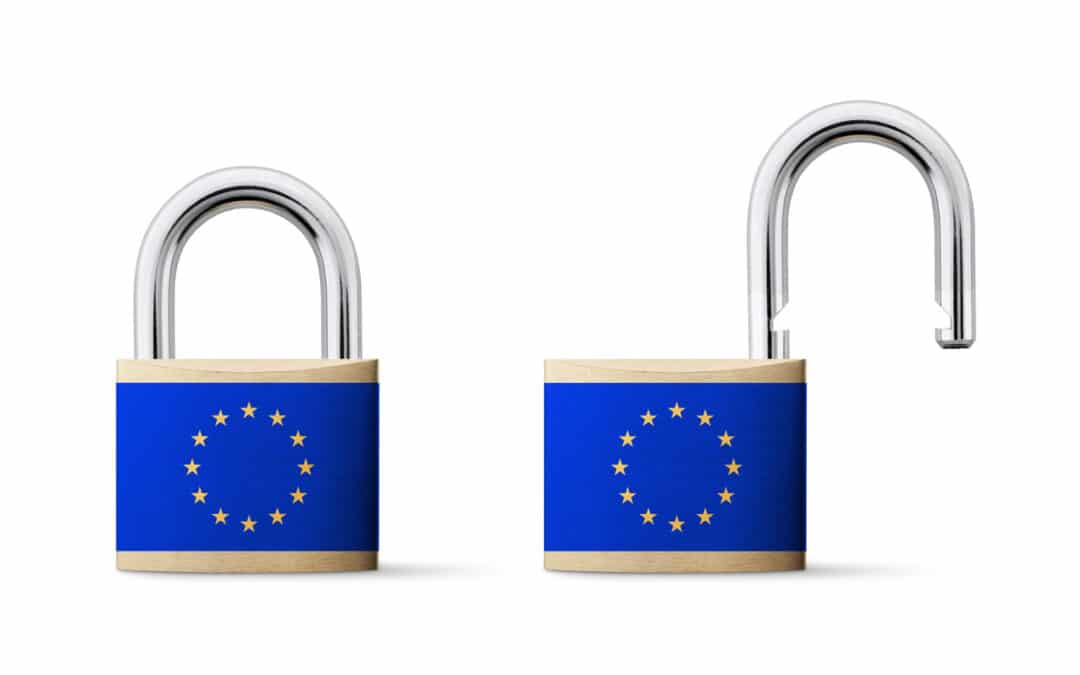The EU’s General Data Protection Regulation (GDPR), one of the most comprehensive privacy laws in the world, celebrated its two-year anniversary last month. The regulation establishes a range of privacy and data protection rights to EU citizens, such as widened conditions for consent and the right to request companies delete user data, and requires organizations to implement technical safeguards. Along with the regulation comes some pretty hefty fines. Google, for example, received a 50 million euro fine for failing to properly state how they use consumer data. The law also requires that the GDPR commission release a report evaluating the regulation after the first two years, then every four years going forward. In compliance with the law, the commission released their report this month, broadly finding the regulation a success, but also highlighting certain areas for improvement.
Strengths
According to the GDPR report, one of the regulation’s main successes is the increased awareness of the privacy rights among EU citizens, and that they are empowered to exercise those rights. The report found that 69% of the EU population above 16 has heard of the GPDR and 71% know about their country’s nation data protection agency. One issue however, is that this awareness has not fully translated into the use of these rights. The right to data portability, for example, which allows users to obtain and transfer their data, shows potential to “put individuals at the centre of the data economy,” but, according to the report, is still underutilized.
One other area of success is the flexibility of the regulation in its ability to apply to principles of the law to emerging technologies. This has been especially important recently, with the rise of the COVID-19 pandemic and the numerous tracing apps created. The report found that the GDPR has been successful in providing a framework that allows for innovation while ensuring that these new technologies are created with privacy in mind.
Areas of Improvement
Perhaps the biggest area of concern that the report highlights, is the uneven enforcement of the GDPR among EU states. All EU members states except Slovenia have adopted the law. However, the report notes that the law has not been applied consistently across the board. For example, the GDPR allows individual member states to set the age of consent for data processing, but this has created uncertainty for children and parents and made it more difficult for companies that conduct business across borders. The commission has recommended a creating codes of conduct to apply across all member states in order to allow for more consistency between states.
The GDPR report also found that there is some inconsistency when it comes to enforcing the regulations. Overall, the report found that the various data protection agencies were properly using their strengthened enforcement capabilities, but worried that resources have not been evenly divided among the agencies. While some countries that are seen as tech hubs require additional resources, the commission found that the overall budget allocation was too inconsistent.
Taking a step back, the GDPR report largely shows that the new regulation has had a positive impact on the views towards privacy, and has empowered individuals to take control of their information. The law, however, is still relatively new, and will continue to require tweaks to better serve consumers. Privacy regulations continue to be a work in progress, but are at least headed in the right direction.
